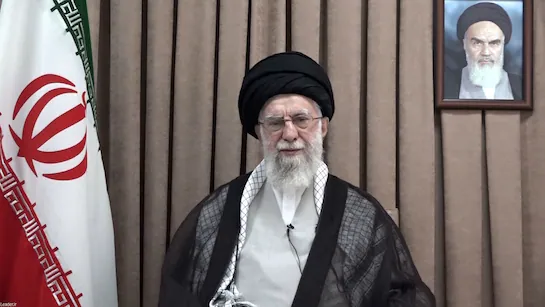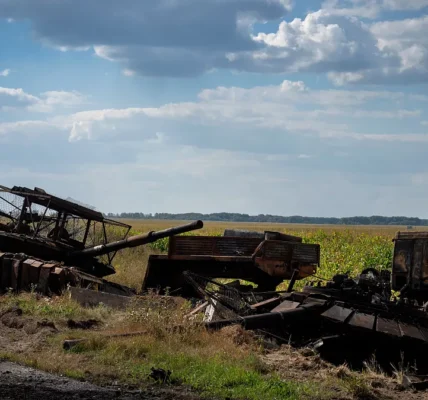At the UN General Assembly, Iranian President Massoud Pesachian sought to project restraint, declaring that Iran will never pursue nuclear weapons for ideological and religious reasons. Yet behind that message lies intensifying global tension.
Supreme Leader Ayatollah Ali Khamenei rejected any talks with Washington, accusing the U.S. of dishonesty and dismissing Donald Trump’s UN claims that Iran sponsors terror. Iran insists its 60% uranium enrichment is for domestic use, but the figure keeps the world uneasy, especially as weapons-grade requires 90%.
European patience is wearing thin. French President Emmanuel Macron pressed Tehran to roll back enrichment or face UN sanctions, with penalties expected to return within days after stalled EU negotiations.
Tehran’s response has been both symbolic and aggressive. Iranian state TV broadcast what it claimed were classified Israeli nuclear documents, including rare images of the Dimona nuclear facility, project details, and sensitive personnel files. Even photos of IAEA chief Rafael Grossi were leaked — a move Iran’s Intelligence Minister called an “unprecedented breach.”
For Israel, the silence is telling. If verified, the leaks expose sensitive vulnerabilities, raising the stakes in an already volatile Middle East. Analysts say Iran’s strategy is clear: counter Western pressure not just through diplomacy but by highlighting Israel’s undeclared nuclear arsenal.
The question remains whether this gamble buys Iran leverage — or accelerates its path toward deeper sanctions and international isolation.





